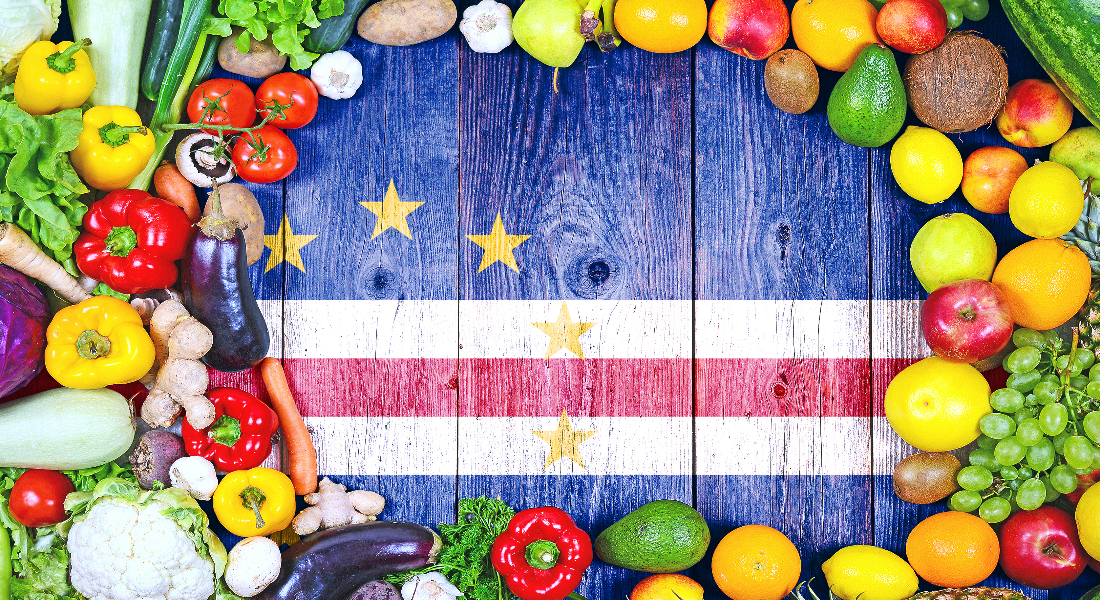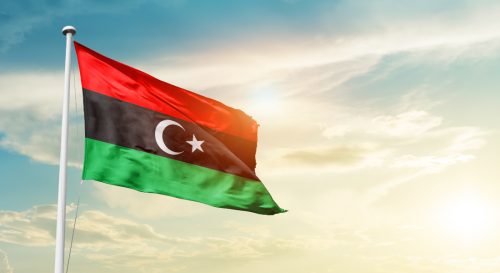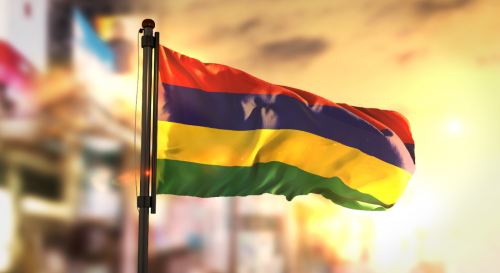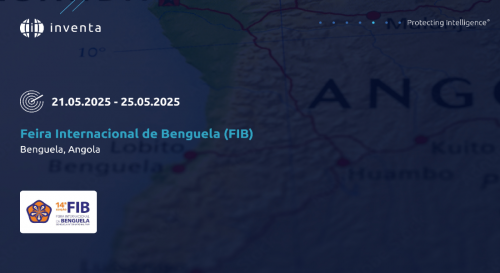
Cape Verde makes its first steps to protect Appellations of Origin and Geographical Indications
During its short existence, the Cape Verde Institute of Management and Quality of Intellectual Property (IGQPI) has mainly focused on protecting trademarks and patents. Other IP rights – such as appellations of origin and geographical indications (GIs) – have therefore been ignored.
However, this has started to change, thanks to actions driven by WIPO and the Portuguese National Institute of Industrial Property. IGQPI’s president, Dr Ana Paula Spencer, along with a team of technicians, have been participating in conferences and projects, which aim to raise awareness among entities and applicants as to the importance of protecting products with specific geographical origins and qualities that they possess because of their location. People have therefore become more conscious that, under certain conditions, appellations of origin and GIs can contribute to development in rural areas and add value to products and producers.
As per provisions outlined in the IP Law, an appellation of origin corresponds to the name of an island, region or place, which designates or identifies a product from that location – the qualities of which are due to its geographical environment (this includes natural and human factors). Further, the production, transformation and development of the product occur within the delimited geographical area. GIs, on the other hand, have fewer demanding requirements, as the product is only required to possess a reputation, quality or other essential characteristic that is derived from being:
- produced within the delimited area;
- transformed within the delimited area; or
- development within the delimited area.
As Cape Verde comprises an archipelago of 10 volcanic islands in the central Atlantic Ocean, it has specific geographic and climatic characteristics, which enable it to produce goods – mainly foodstuff and drinks (eg, wine, liquors, cheese, tuna and coffee) – with particular qualities.
The year 2018 was a milestone for the protection of appellations of origins, marking the first applications to be filed in Cape Verde. This was a direct result of a pilot project spearheaded by the IGQPI and WIPO.
The application for the appellation of origin of wine from the island of Fogo serves as a useful example. Its vineyards are cultivated on the volcano's slopes, at a variable altitude of 1,500 and 2,000 metres, with no need of irrigation (depending on the scarce precipitation in July and September) or chemical fertilisers. In contrast to regular vineyards, its grapevines are low and do not follow an ordered crop. Further, all stages – from cultivation to bottling – occur on the island. The wine’s taste completely depends on the particularities of this geography, namely the microclimate and volcanic soil, which is rich in animal manure, and the human resources applied. The IGQPI has stated that the appellation of origin Wine of Fogo has contributed to the enhancement of the socioeconomic conditions of the families and companies and of the island itself.
Even though applications for this wine were filed two years ago, they have not been granted due to the non-existence of regulations. Efforts have been made with regard to this, namely, the IGQPI has been active in promoting projects to aid cooperation between the wine producers and the Ministry of Agriculture in order to delineate proper criteria. It is believed that they will be granted in the near future, which would encourage people to file more applications for products.
This is a co-published article, which was originally published in the World Trademark Review (WTR).
Currency Info
Final charges will be made in USD.
Currency conversion is for information purposes only and accuracy is not guaranteed. Overseas customers are encouraged to contact their bank or credit card provider for details on any additional fees these institutions may include for currency conversion.
Territory List
There are no results for your search.
- Africa
- Algeria
- Angola
- Benin
- Botswana
- Burkina Faso
- Burundi
- Cameroon
- Cape Verde
- Central African Republic
- Chad
- Comoros
- Congo (Republic)
- Côte d'Ivoire
- Democratic Republic of the Congo
- Djibouti
- Egypt
- Equatorial Guinea
- Eritrea
- Eswatini (Swaziland)
- Ethiopia
- Gabon
- Gambia
- Ghana
- Guinea
- Guinea-Bissau
- Kenya
- Lesotho
- Liberia
- Libya
- Madagascar
- Malawi
- Mali
- Mauritania
- Mauritius
- Mayotte
- Morocco
- Mozambique
- Namibia
- Niger
- Nigeria
- Réunion
- Rwanda
- Sao Tome and Principe
- Senegal
- Seychelles
- Sierra Leone
- Somalia
- South Africa
- South Sudan
- Sudan
- Tanzania (mainland)
- Togo
- Tunisia
- Uganda
- Western Sahara
- Zambia
- Zanzibar
- Zimbabwe
- Africa (OAPI)
- Africa (ARIPO)
- Other
- East Timor
- Macao
- Maldives
- Portugal
- European Patent (EPO)
- European Union Trademark (EUTM)
- International Trademark (Madrid System)
- Patent Cooperation Treaty (PCT)




